
#alamoanaeyetravels . . . . .


#alamoanaeyetravels . . . . .

Talk to your family members about their eye health history. It’s important to know if anyone has been diagnosed with a disease or condition since many are hereditary. This information will help to determine if you are at higher risk for developing an eye disease or condition.
#alamoanaeyetravels . . . . #hawaii #oahu #honolulu #alamoana #alamoanacenter #hawaiioptometrist #optometrist #optical #optician #eyeglasses #glasses #sunglasses #spectacles #specs #eyewear #frame #eyecare #eyeexam #eyehealth #fashioneyewear #designereyewear #coffee #latte #london #travel #food #travelgram
#alamoanaeye . . . . . #hawaii #oahu #honolulu #alamoana #alamoanacenter #hawaiioptometrist #luckywelivehi #luckywelivehawaii #eatinghawaii #aloha #cheapeats #eatlocal #hawaiifoodie #hawaiifood #hawaiieats #eatinghawaii #spoonhawaii #onogrinds #igfood #foodlover #aulani #disney #mickeyears #disneyaulani
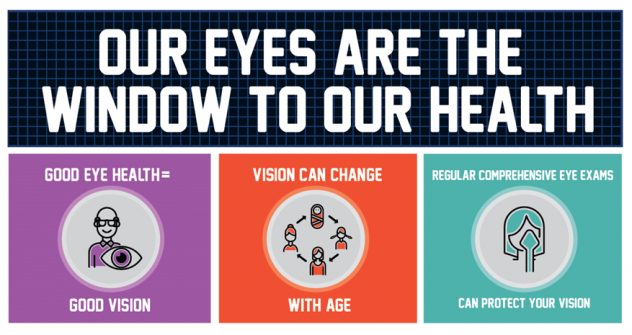
Your eye examination includes: checking the front of the eyes making sure that the cornea is healthy without tear malfunction, the internal natural lens of the eye is clear without cloudiness or cataract, the optic nerve is not damaged due to glaucoma or other factors, and the central vision of the eye is not impaired from retinal changes or macular degeneration.
Your eyes are an important part of your health. There are many things you can do to keep them healthy and make sure you are seeing your best. Follow these simple steps for maintaining healthy eyes well into your golden years.
Have a comprehensive dilated eye exam. You might think your vision is fine or that your eyes are healthy, but visiting your eye care professional for a comprehensive dilated eye exam is the only way to really be sure. When it comes to common vision problems, some people don’t realize they could see better with glasses or contact lenses. In addition, many common eye diseases such as glaucoma, diabetic eye disease, and age-related macular degeneration often have no warning signs. A dilated eye exam is the only way to detect these diseases in their early stages.
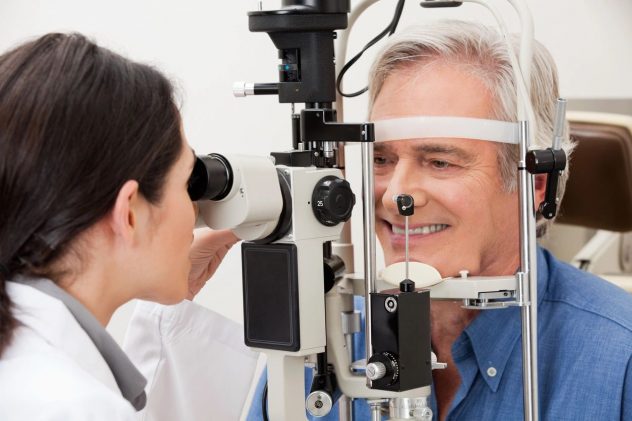
During a comprehensive dilated eye exam, your eye care professional places drops in your eyes to dilate, or widen, the pupil to allow more light to enter the eye the same way an open door lets more light into a dark room. This dilation enables your eye care professional to get a good look at the back of the eyes and examine them for any signs of damage or disease. Your eye care professional is the only one who can determine if your eyes are healthy and if you are seeing your best.
Do you have a pair of eyeglasses ? that you’re no longer using? Consider donating your old eyeglasses to us. We are always taking them in to donate to our local community Lions ? Club and Medical Mission trips ??⚕️??⚕️. Donating your old eyeglasses is easy. All you have to do is to bring them to our front desk and we will donate them to a charitable organization.
We’d like to thank our patients in advance for their generosity ❤️ #alamoanaeye
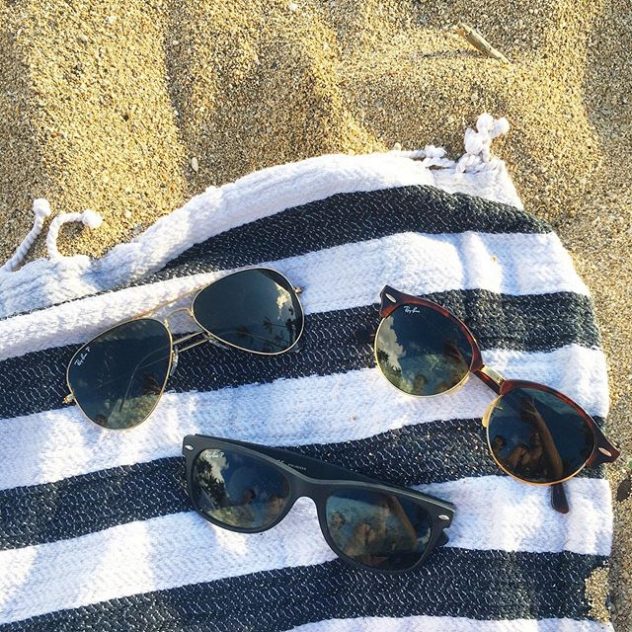
We hope everyone has a bright and fun-filled weekend ? #alamoanaeye
We just got a new line in our office! Polaroid ? Stop by to check out the stylish sunnies!
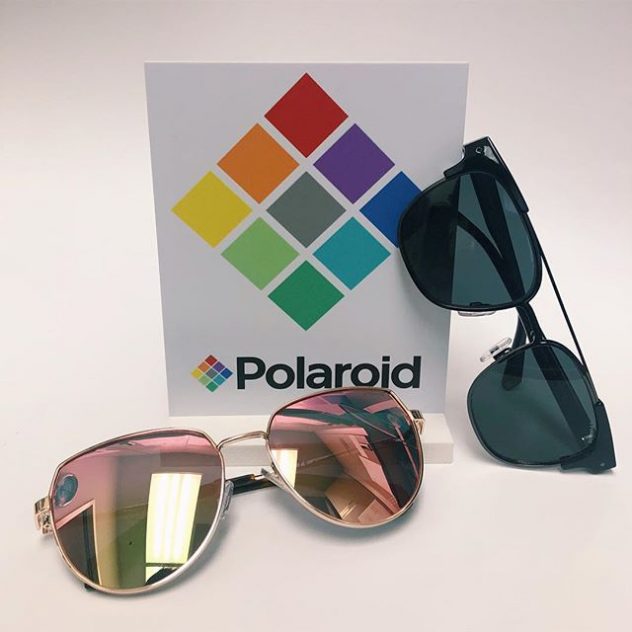
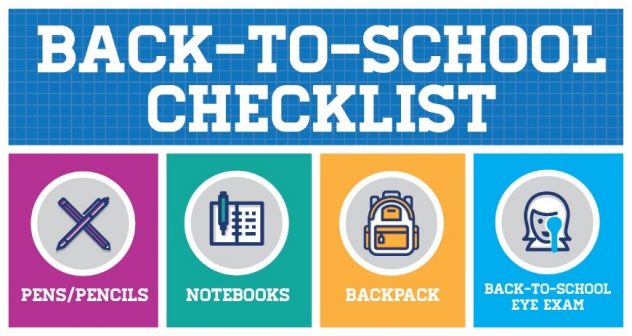 Blurry vision is not the only reason to have an eye exam. Your child could have difficulty using both eyes together, a critical reading skill, and you might not know. Back to school means it’s time to get a comprehensive eye exam. Also, much of a child’s learning is visual. How well can your child see? If you don’t know, it’s time for a comprehensive eye exam.
Blurry vision is not the only reason to have an eye exam. Your child could have difficulty using both eyes together, a critical reading skill, and you might not know. Back to school means it’s time to get a comprehensive eye exam. Also, much of a child’s learning is visual. How well can your child see? If you don’t know, it’s time for a comprehensive eye exam.